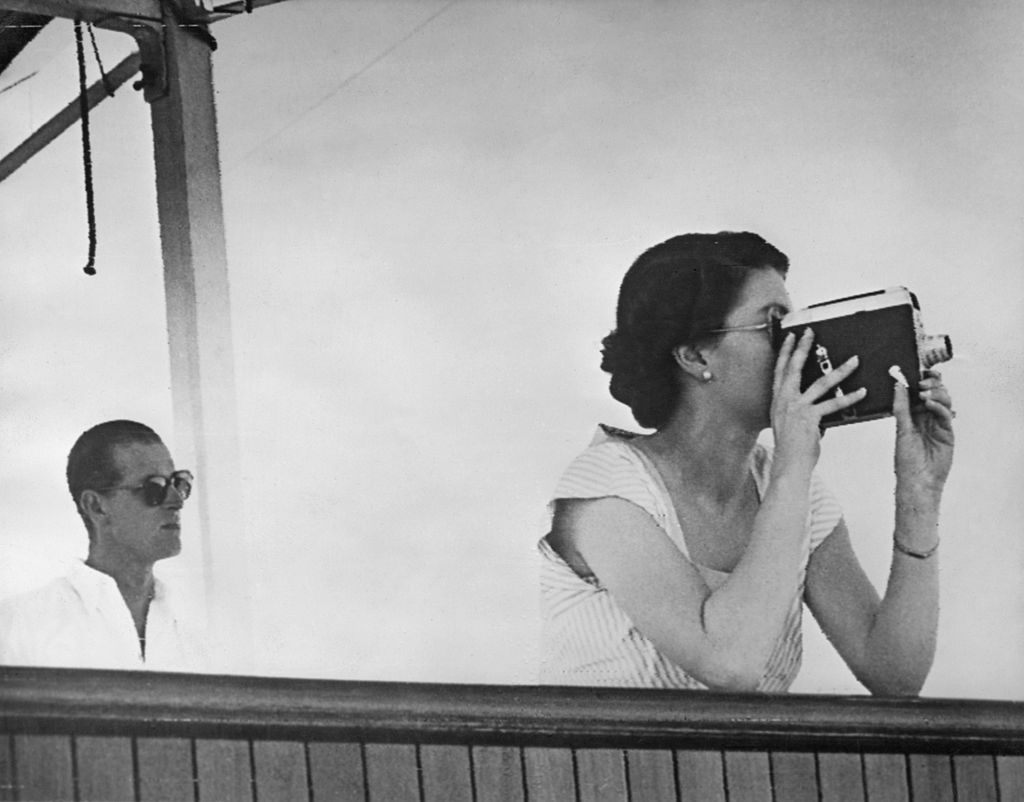
The news came through at 6:30 and I was standing on the District Line between Sloane Square and South Kensington.
It went silent. Nobody was talking before, but still it went silent. The air was sucked right out of the train and in the vacuum left, all that existed was silence.
As BBC pages and Twitter feeds loaded on the dodgy mobile connection that is the District Line’s, faces gradually began looking side to side. Some made eye-contact, some closed their eyes altogether, some frowned, some shrugged, some didn’t flinch. All stayed silent.
Nobody took it upon themselves to make the announcement or propose a toast. Nobody sung the old song. There were no cries of anguish. Nobody said anything at all. One man went so far as to turn his phone to the man standing next to him, presumably sharing the news, before the two strangers exchanged an unspoken, ‘That’s a shame.’ One woman’s bottom lip started quivering, but no tears.
It was a snapshot into Elizabethan Britain. She embodied it all. The sense of duty. The stiff upper lip. The dry humour. The restrained but palpable emotion. The pride. The pride. The confused, complicated, unspeakable pride of the British.
It’s funny the things that make you proud.
It’s funny the things that make you ashamed.
It’s funny how you can hold so dearly multiple truths that you know to be contradictory. I suppose George Orwell called it Doublethink.
And in this world of contradictions, there existed a woman who represented it all; an immovable stalwart serving as a polestar of values hard to place, who could so easily have tried to impose or clarify, but chose, ‘til the very end, not to.
In doing so, Elizabeth the Great was not just an unrivalled constant in an era defined by transformative global change, but the symbol onto whom the confusion could be projected. She bore it all, herself the contradiction: magical in her ability to seem so human, yet magical in her ability to transcend; the incarnation of Britain’s understated moral fibre, yet the figurehead of our most baseless inequality.
I got off the tube early and walked along the river at Hammersmith. It had stopped raining and the sky was grey and golden.
It’s funny the things that make you proud.




